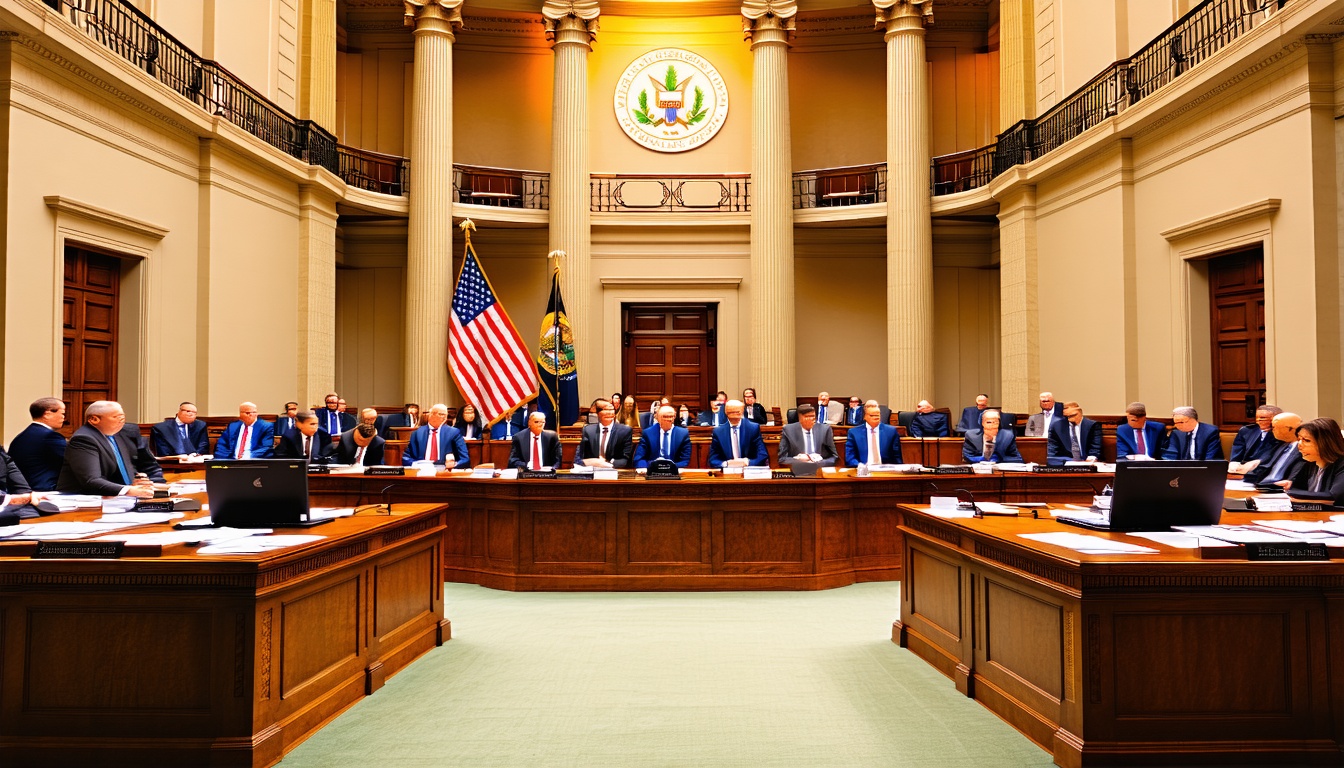A New Proposal for Recreational Marijuana in Florida Emerges
A revamped proposal to legalize recreational marijuana in Florida is set to appear on the 2026 ballot, aiming to address concerns raised by Governor Ron DeSantis, who led the opposition to a similar measure last year. The new proposal, filed by the Smart & Safe Florida committee, seeks to allow adults 21 and older to purchase and possess marijuana, while addressing issues raised by DeSantis and others.
The proposal differs from its predecessor in several ways. It prohibits smoking and vaping of marijuana in public places, as well as marketing and packaging that may be attractive to children. These changes aim to address DeSantis’ concerns about the previous proposal, which he argued would have prohibited the state from regulating where marijuana could be used.
The proposal also allows the state’s current medical marijuana operators to sell recreational pot, while opening the door to new entities to enter the market. This would create a wholesale market for marijuana, allowing companies to sell to other licensed entities. This change is seen as a positive development for the industry, as it would provide more variety and options for patients and customers.
Trulieve, the state’s largest medical marijuana company, has contributed significantly to the proposal, pumping over $144 million into the effort. The company’s involvement has raised concerns about its potential to dominate the market, but proponents argue that the proposal’s changes will help to create a more competitive industry.
The proposal’s passage would allow for the sale of recreational marijuana to tourists and residents alike, with no restrictions on possession. This could have significant economic benefits for the state, as well as providing a new source of revenue.
The proposal’s success will depend on its ability to garner enough support from Florida voters. With nearly 900,000 patients already enrolled in the state’s medical marijuana system, there is a strong potential for the proposal to pass. However, the governor’s opposition and potential changes to the petition process could make it more challenging for the proposal to get on the ballot.












